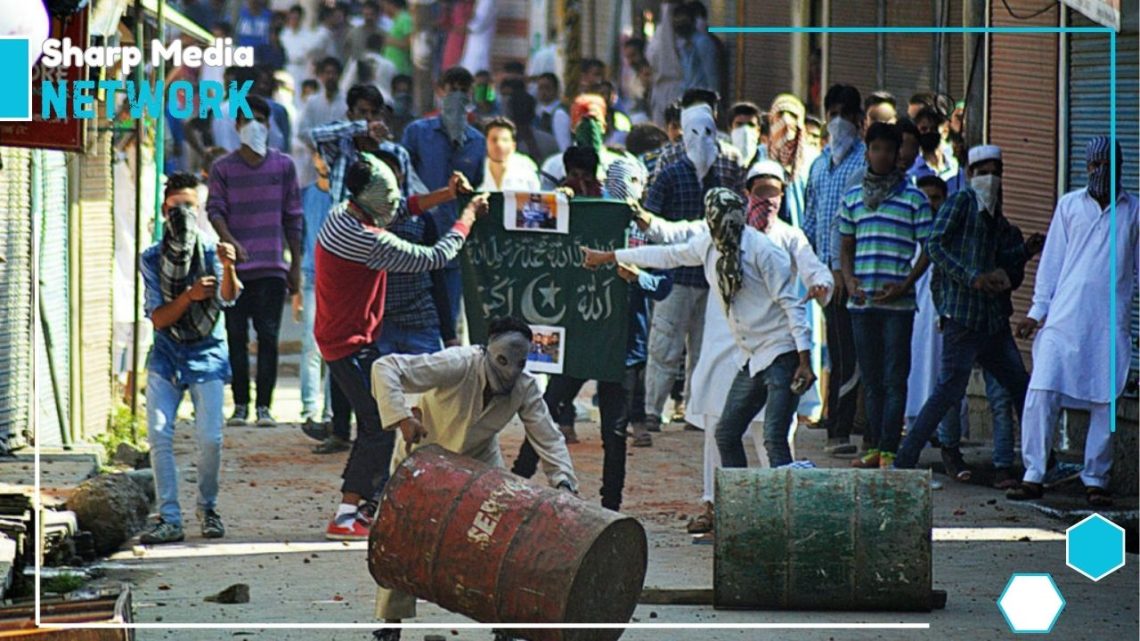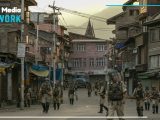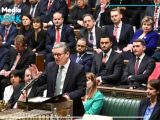
National Youth Day – Target of Innocent Kashmiri Youth by India
January 13, 2025Amid global silence, Kashmiri youth cries for justice grow louder as India enforces draconian laws to suppress them.
Since 2019, over 690 Kashmiri youth have been martyred by Indian authorities, reflecting a systematic attempt to suppress legitimate freedom movements. The Bharatiya Janata Party (BJP) continues its campaign to stifle the voices of Kashmir’s youth, accusing them of terrorism without evidence or due legal process.
Regular cordon-and-search operations (CASOs) target young Kashmiris, resulting in harassment and mass arrests under laws like the Unlawful Activities Prevention Act (UAPA) and the Public Safety Act (PSA). These laws enable arbitrary detention, physical torture, and denial of medical care, leaving countless families in anguish.
The Indian government’s actions in Indian Illegally Occupied Jammu and Kashmir (IIOJK) prioritize political and territorial gains over the fundamental rights of its people. Reports from international human rights organizations paint a grim picture of IIOJK, with widespread violations such as mass killings, enforced disappearances, sexual abuse, political repression, and suppression of free speech.
India’s security forces operate with near-total impunity in IIOJK, empowered by draconian laws like the Armed Forces Special Powers Act (AFSPA) and the Jammu and Kashmir Public Safety Act. These laws grant sweeping powers to shoot and kill unarmed civilians, exacerbating the region’s plight. According to Kashmir Media Service, Indian forces have been responsible for over 96,000 killings and 11,000 cases of sexual violence since 1989.
The United Nations Office of the High Commissioner for Human Rights (OHCHR) released two reports in 2018 and 2019 detailing India’s grave violations in Kashmir. The reports called for a commission of inquiry into these allegations, a demand ignored by India.
Under the guise of counter-terrorism, India uses laws like the UAPA to suppress dissent. These measures label indigenous freedom movements as terrorism, enabling the arrest of activists, political leaders, and journalists without formal charges. The UAPA and PSA have also been criticized for facilitating India’s settler colonialism strategy, aiming to alter the demographic composition of Kashmir.
International human rights organizations have repeatedly condemned the use of these laws to silence political opposition and crush dissent. Despite their calls for the repeal of the UAPA, the Indian government continues its heavy-handed approach, prioritizing control over dialogue.
The global silence on Kashmir’s plight, especially among major powers, raises questions about the international community’s moral compass. The principles of human rights and equality, championed in the West, seem to be sacrificed for economic and political interests.
The alarming human rights violations in IIOJK demand immediate intervention from international stakeholders. A resolution in line with United Nations resolutions is essential to restore peace and justice for the oppressed youth of IIOJK.

